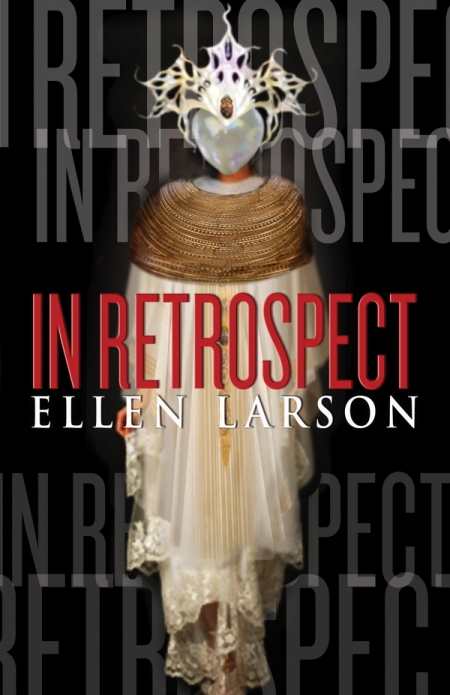

Having earlier routed the latter with Kellogg’s aid, I found nothing arduous about Latin, though I can now understand the exasperation of young classmates that any normal teen-age girl should go rooting around for alluring undiscovered rules in the footnotes. My delight in structure came in handy when I found myself beginning Latin grammar, which appeared to me much easier and more logical than English. I am not sure that even now they have become altogether one, or ever will, for even while I am engaged in building an article, bit by bit, according to a rigid plan, it is my secret ambition to conceal that plan under a shimmer of phrases adroitly interwoven, and I still put myself to sleep by repeating verses from Walter de la Mare or Ralph Hodgson, yielding to them because their magic utterly eludes dissection. Not until many years later did these two leading leanings of mine, toward poetry on the one side and toward analysis on the other, coalesce to form a single entity.

I was twelve when that ancient and honorable textbook, Kellogg’s English Grammar, entered my life - page after page after page of delectable diagrams! It would have been hard to determine which I liked more, to find a far-off secret corner where I might declaim ‘The High Tide on the Coast of Lincolnshire’ all by myself, or to take a page of newspaper prose and shred each sentence into bits and make a blacklined draft of its structure. I loved nothing more than tearing sentences to pieces. At the same time there was another side of me, very different and yet as enjoyable as my speed at tag. Just as vividly I remember sitting motionless and remote, gazing at a blue mountain line against the sky. I can only look back, actually for the first time, at the development of that one writer I know best.Īs a little girl, then, - say from eight to twelve, - I recall myself as dwelling for hours at a stretch in a world apart, gladly under a spell, whispering over and over bits of ‘Hiawatha’ or Macaulay’s Lays, or letting my inner eye picture to the last detail the green water and white sea sands where dwelt Andersen’s Little Mermaid. I often feel that it would be helpful if we did tell each other a little more about our own creative processes, irrespective of the fame or the obscurity of our achievement.

I do not know very much about how other writers have come to be dominated by their art. In my little-girl years, and in my teens and first twenties, I was too busy taking in to have any desire to give out. For how could anyone be anything but bored by the books one had written? It was only the books I had not yet written that ever excited me. I look at them sometimes, at their backs one after another, and I think, ‘Did I ever in one lifetime cover all that paper with all that ink? And did good publishers really publish me, as their imprint affirms?’ Mother used to take down these volumes and read them, for hours. She never quite got over her disappointment, although, when she went from us, there stood in a row on the top of her desk a dozen books, all mine. From the moment my mother first held me in her arms, she wished mo to be an astronomer, like Maria Mitchell. The first thing I realize is that writing was nothing that either my family or I expected of me. Until this moment I have been too absorbed to stop and look back. AFTER some hesitation, I have decided that my being consistently a worst seller for forty years does not, after all, invalidate my opinions and experiences of writing as a profession.


 0 kommentar(er)
0 kommentar(er)
